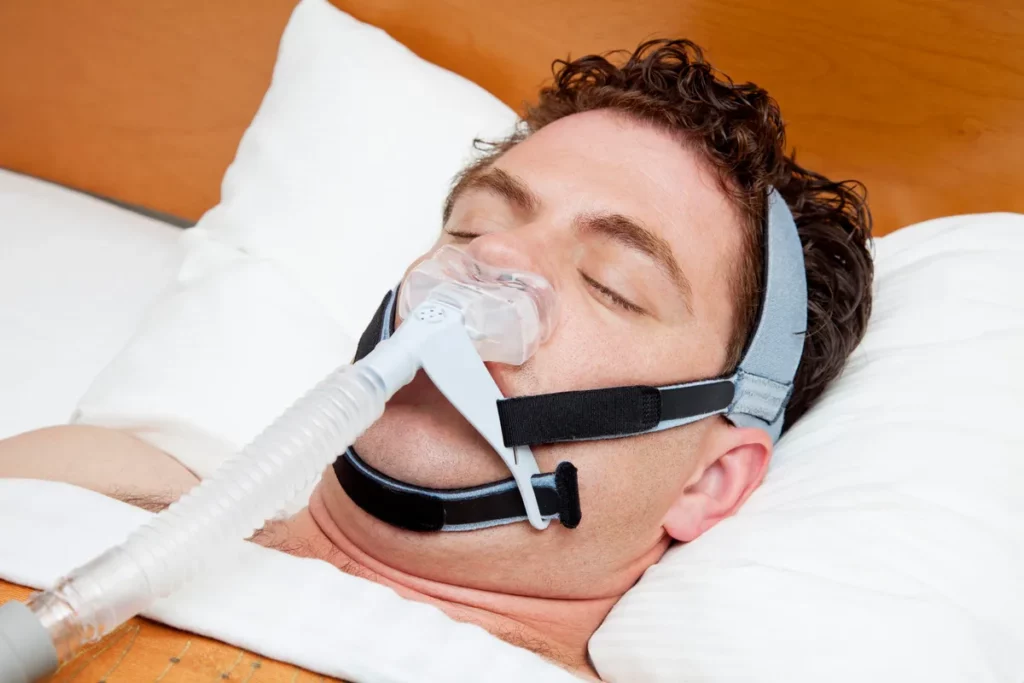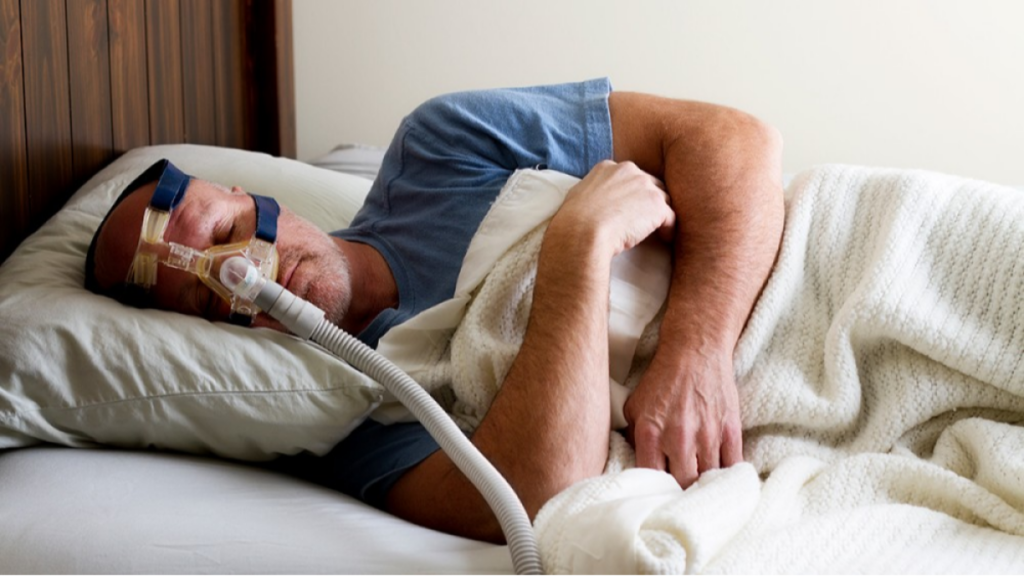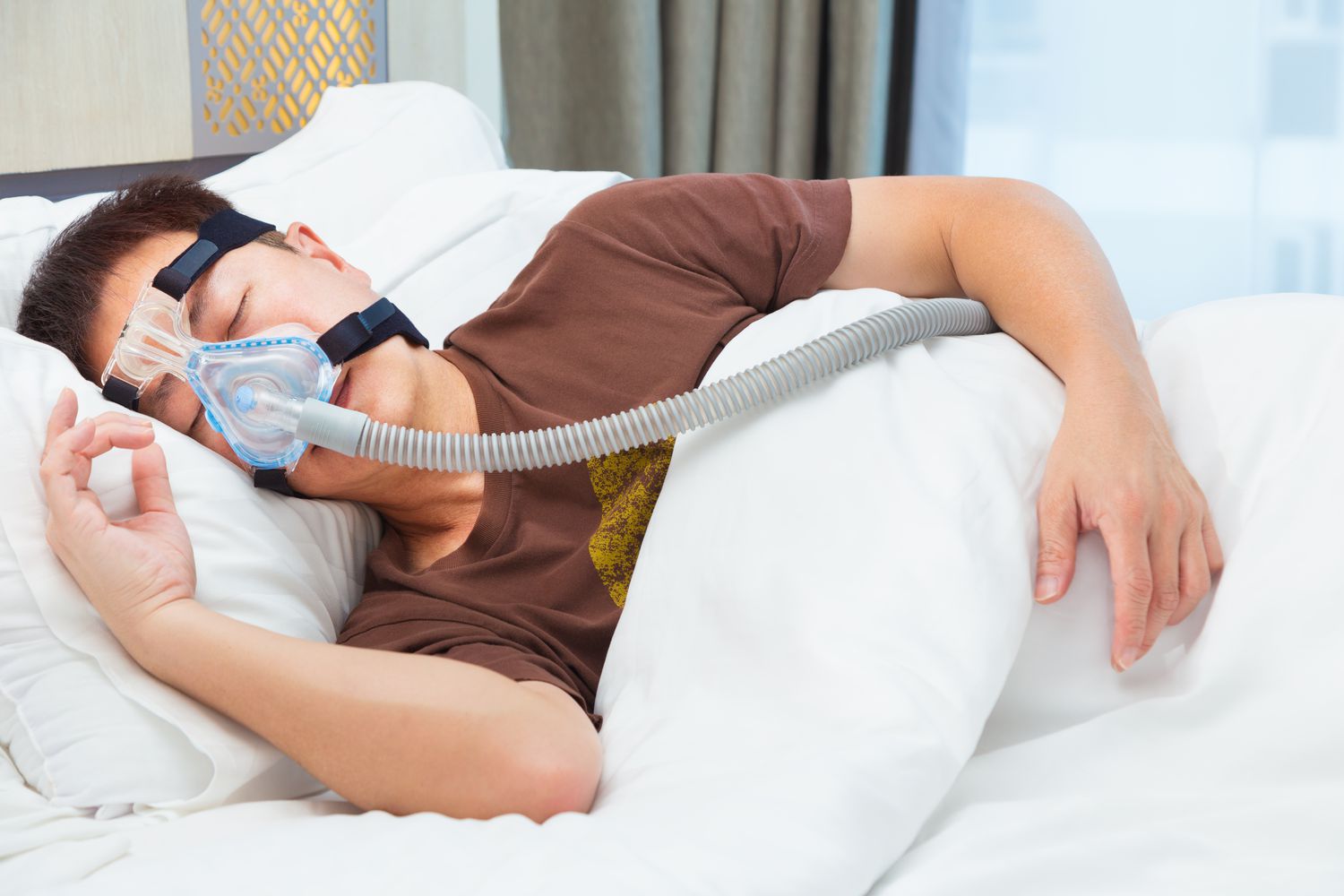A sleep study test, also known as a polysomnography, is a diagnostic tool used to evaluate a person’s sleep patterns and identify any underlying sleep disorders. If your healthcare provider has recommended a sleep study test for you, it is natural to have questions and concerns about what to expect. In this guide, we will walk you through the purpose of a sleep study test, how to prepare for it, the process itself, and how to interpret the results.
Understanding the Purpose of a Sleep Study Test
A sleep study test serves multiple purposes in evaluating your sleep health. Firstly, it helps in identifying sleep disorders such as sleep apnea, insomnia, restless legs syndrome, and narcolepsy. By monitoring your brain waves, heart rate, eye movements, and oxygen levels during sleep, the test can provide valuable information to your healthcare provider.
Secondly, a sleep study test assesses the quality of your sleep. It can determine whether you are achieving the necessary amounts of deep sleep and rapid eye movement (REM) sleep, both of which are crucial for overall well-being. Sleep disorders and poor sleep quality can significantly impact your daily functioning and overall health, making a sleep study test an essential diagnostic tool.
Furthermore, a sleep study test can also help in evaluating the effectiveness of treatments for sleep disorders. After a diagnosis is made, healthcare providers can use the results of the sleep study to tailor treatment plans to individual patients. For example, if a patient is diagnosed with sleep apnea, the sleep study can provide insights into the severity of the condition and help determine the most suitable treatment options, such as continuous positive airway pressure (CPAP) therapy or oral appliances.
Moreover, a sleep study test can uncover underlying issues that may contribute to poor sleep quality, such as periodic limb movements or sleep-related behaviors like sleepwalking. By capturing detailed data about your sleep patterns and behaviors, the test can offer a comprehensive picture of your sleep health, guiding healthcare providers in making informed decisions about your treatment and care.
Preparing for Your Sleep Study Test
Before your sleep study, it is important to be adequately prepared. You may be asked to bring certain items, such as sleepwear, toiletries, and any medications you regularly take. It is advisable to check with your healthcare provider regarding specific requirements.
In addition to packing necessary items, there are also dietary and lifestyle considerations to keep in mind. It is recommended to avoid caffeine and alcohol for at least 24 hours before the test, as they can interfere with your sleep patterns. Your healthcare provider may provide additional instructions tailored to your specific needs.
Furthermore, creating a relaxing pre-sleep routine can help improve the quality of your sleep study results. Consider engaging in calming activities such as reading a book, taking a warm bath, or practicing deep breathing exercises before bedtime. These practices can help signal to your body that it is time to wind down and prepare for sleep.
Another important aspect to consider is the sleep environment during your study. Ensuring that the room is dark, quiet, and at a comfortable temperature can promote better sleep quality and more accurate test results. Bringing familiar items from home, such as a favorite pillow or blanket, can also help create a sense of comfort and familiarity in an unfamiliar setting. To learn more about temperature click here.

The Process of a Sleep Study Test
During a sleep study test, you will be assisted by a sleep technologist who will guide you through the process. The technologist will attach electrodes and sensors to your body, which will monitor your brain waves, eye movements, heart rate, and breathing patterns throughout the night.
Once everything is set up, you will be given time to relax and get ready for sleep. The monitoring devices are painless and non-invasive, allowing you to sleep normally during the test. The technologist will be present in a separate room, continuously monitoring your data and ensuring your safety and comfort.
The Role of the Sleep Technologist
The sleep technologist plays a vital role in the success of your sleep study test. They are trained professionals who specialize in sleep medicine and are responsible for accurately setting up and monitoring the equipment throughout the night. Their expertise ensures that the data collected during the test is reliable and can be properly interpreted by your healthcare provider.
Furthermore, the sleep technologist is trained to recognize and address any issues that may arise during the test. For example, if you experience discomfort or have difficulty falling asleep, the technologist will be there to provide assistance and make necessary adjustments to ensure the accuracy of the results.
What Happens During the Test?
During the test, the electrodes and sensors attached to your body will capture various sleep-related measurements. These measurements include brain activity, eye movements, muscle tone, heart rate, and oxygen levels.
While you sleep, the technologist will observe your sleep stages and note any abnormal findings. They may also document any disruptive events like snoring, pauses in breathing, and leg movements. These observations help in diagnosing sleep disorders and understanding the factors contributing to poor sleep quality.
Additionally, the sleep technologist will carefully analyze the data collected during the test to provide a comprehensive report. This report will include detailed information about your sleep patterns, any abnormalities detected, and recommendations for further evaluation or treatment if necessary. It is through the expertise of the sleep technologist that the sleep study test becomes a valuable tool in improving your sleep health and overall well-being. Find more about evaluation on https://www.questionpro.com/blog/educational-evaluation/
Interpreting Your Sleep Study Results
Once your sleep study test is complete, the recorded data will be analyzed, and the results will be interpreted by your healthcare provider. Understanding the sleep study metrics is essential in comprehending the findings.
Common metrics evaluated in a sleep study test include the Apnea-Hypopnea Index (AHI), which measures the severity of sleep apnea; sleep efficiency, which indicates how well you are utilizing your time in bed; and the percentage of each sleep stage you experienced throughout the night.
It is fascinating to delve deeper into the world of sleep study metrics. The Apnea-Hypopnea Index (AHI) is calculated by dividing the total number of apneas and hypopneas by the hours of sleep, providing a crucial insight into the frequency of breathing disruptions during the night. Sleep efficiency, on the other hand, is a valuable metric that reflects the percentage of time spent asleep while in bed, shedding light on the effectiveness of your sleep habits.
After receiving your results, your healthcare provider will discuss the findings with you and suggest appropriate treatment options, lifestyle modifications, or further diagnostic evaluations if necessary.
Next Steps After Receiving Your Results
Following the interpretation of your sleep study results, your healthcare provider will develop a personalized treatment plan tailored to your specific needs. Treatment options may include continuous positive airway pressure (CPAP) therapy for sleep apnea, medication for insomnia, or lifestyle changes to improve sleep quality.
Embarking on the journey towards better sleep health involves a collaborative effort between you and your healthcare provider. By actively participating in discussions about your sleep study results and treatment options, you pave the way for a more restful and rejuvenating night’s sleep. Remember, your commitment to following the recommended treatment plan is a vital component in achieving optimal sleep wellness.
Frequently Asked Questions About Sleep Study Tests
Can I Sleep Normally During the Test?
Yes, you are encouraged to sleep as naturally as possible during the test. The aim of a sleep study is to observe your normal sleep patterns and any disruptions that may occur. The sleep technologist will provide a comfortable environment to facilitate a normal sleep experience.
During the test, various sensors will be attached to different parts of your body to monitor your brain waves, heart rate, breathing patterns, and muscle activity. These sensors are painless and are designed to collect data that will help healthcare providers assess your sleep quality and identify any potential issues.

How Long Does a Sleep Study Test Take?
A typical sleep study test usually lasts for one night. However, in some cases, your healthcare provider may recommend a multiple-night study to gather more information. The duration of the test will be determined based on your specific needs and the type of sleep disorder being evaluated.
It’s important to arrive at the sleep study facility well-rested to increase the likelihood of falling asleep during the test. Avoiding caffeine and heavy meals before the study can also help promote natural sleep patterns. Additionally, inform the sleep technologist about any medications you are taking as they may affect the results of the test.
By understanding what to expect from your sleep study test, you can approach the process with confidence and gain valuable insights into your sleep health. Remember, a sleep study test is a crucial tool in diagnosing and managing sleep disorders, ensuring a better quality of life through improved sleep.
Read more on: Home Sleep Tests in Australia

